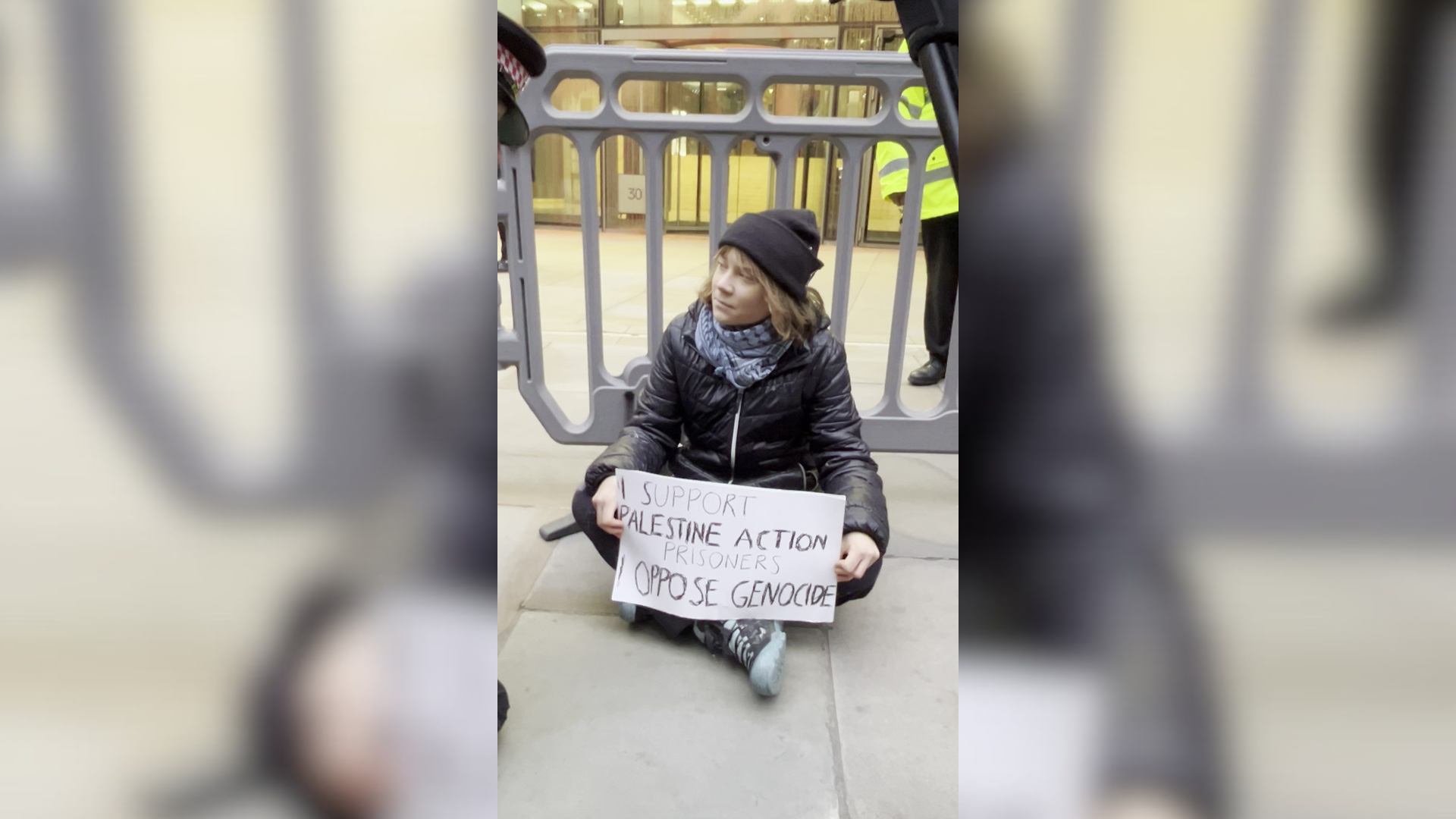Governments in the UK and US have taken extraordinary steps to stop a potential banking crisis after the historic failure of Silicon Valley Bank (SVB).
The collapse of the California-based lender is the second-largest bank failure in US history and there are fears the crisis could spread, with regulators announcing that New York-based Signature Bank had also failed and was being seized on Sunday.
Chancellor Jeremy Hunt warned that British technology companies face a “serious risk” from the collapse of SVB.
While there is no risk to the UK’s financial system as a whole, Hunt said “there is a serious risk to our technology and life sciences sectors, many of whom bank with this bank”.
The Bank of England ordered SVB’s UK subsidiary into insolvency from Sunday night.
What has happened?
Regulators had to rush to close Silicon Valley Bank, a financial institution with more than $200bn dollars (£166bn) in assets, on Friday when it experienced a traditional run on the bank where depositors rushed to withdraw their funds all at once.
It is the second-largest bank failure in US history, behind only the 2008 failure of Washington Mutual.
Some prominent Silicon Valley executives feared that if Washington did not rescue the failed bank, customers would make runs on other financial institutions in the coming days.
The US Government moved to stop a potential wider banking crisis after the failure of SVB by stepping in to protect all customer deposits.
There had been mounting worries that the bank’s collapse could also have sent shockwaves through the technology and life sciences sector in the UK, with many of those firms customers of SVB’s British business.
SVB specialises in lending to start-up technology companies and is a key banking partner for venture capital firms, with more than 3,000 customers in the UK.
SVB UK had around £6.7bn of deposits and loans of about £5.5bn as at Friday last week, while its balance sheet stood at £8.8bn, according to the Bank of England.
Who is exposed?
From winemakers in California to start-ups across the Atlantic Ocean, companies are scrambling to figure out how to manage their finances after their bank suddenly shut down on Friday.
The meltdown means distress not only for businesses but also for all their workers whose paycheques may get tied up in the chaos.
More than 40 London-listed companies posted updates as markets opened on Monday, with Moonpig, THG, Future and Naked Wines among the most prominent.
Two AIM-listed companies – Diaceutics and Polarean Imaging – suspended their shares from trading but a majority of the businesses said there will be little to no direct impact on them from SVB’s collapse.
Future – the publisher behind PC Gamer, Marie Claire and The Week among others – said it had £1m in the bank, less than 3% of its total cash on hand.
Second-hand electronics company Music Magpie said it used to borrow money from SVB but switched to NatWest and HSBC last July.
How has the UK reacted?
HSBC has bought the UK arm of Silicon Valley Bank in a last-minute rescue deal to avert a crisis in Britain’s technology sector.
The sale – for a nominal sum of £1 – was agreed after all-night talks between the UK Government and the Bank of England.
Chancellor Jeremy Hunt warned that some of the UK’s leading tech companies could have been “wiped out” if a solution had not been found after Silicon Valley Bank went bust last Friday.
But he confirmed that all customer deposits have been protected under the sale to HSBC, with no taxpayer cash involved.
Customers and businesses, who had been left unable to withdraw money since the Friday collapse, are now able to access cash as normal, he added.
Are companies in Scotland affected?
A Scottish Enterprise spokesperson said: “Alongside our partners and the Scottish Government, Scottish Enterprise has been closely monitoring developments regarding the Silicon Valley Bank (SVB) over the weekend and continues to engage with companies known to be affected.
“We therefore welcome the announcement this morning that HSBC will purchase the UK subsidiary of SVB and the relief this will provide to businesses in the tech-start up community.
“We saw a great deal of engagement and mutual support in response to SVB over the weekend, reflecting the strong sense of community there is among tech start-ups in Scotland. Scottish Enterprise will continue to monitor this situation closely.”
How have the markets reacted?
Banks were heavily lower after steep falls on Friday, with shares in Standard Chartered dropping by 4% and Lloyds down 4%, while NatWest and HSBC were 3% lower.
Other financial stocks were also caught up in the rout, with international bank Standard Chartered leading the FTSE 100 fallers with a 5.4% drop and insurer Prudential down 5% around midday.
Other insurers such as Aviva and Legal & General and banks including Barclays and Lloyds were likewise down sharply.
Meanwhile, the yield on UK Government gilts dropped significantly as demand for the bonds increased. Investors see gilts – essentially Government IOUs – as safer bets during tough times.
Follow STV News on WhatsApp
Scan the QR code on your mobile device for all the latest news from around the country


























